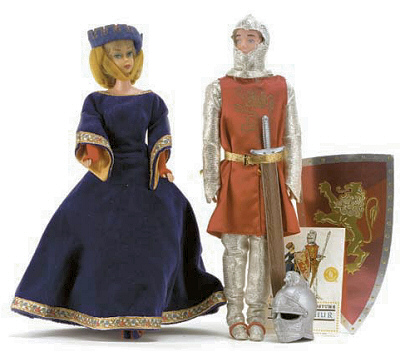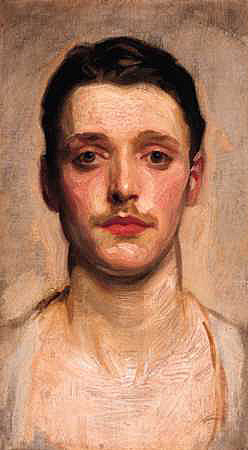 "Art and Lies" - the title makes me think of a famous sibling relationship - that of Lisa and Bart Simpson. Lisa is the artist, and Bart is prone to manipulation. Ta-da!
"Art and Lies" - the title makes me think of a famous sibling relationship - that of Lisa and Bart Simpson. Lisa is the artist, and Bart is prone to manipulation. Ta-da!- Art (Objects) - objects, noun, or objects, verb
- Postmodernist in style - collage-like, juxtaposes passages without explaining the relationship between them
- Prof. Mandell's Winterson nut shell: the genre, 18 C. - people argue about who is the first novelist in Britain - the short story comes about in the Romantic era
- Can one abandon great art? Cultural studies want to eradicate the concept - would it be true eradication of art, or substituting one form of art for another?
- Definition of greatness - too narrowly defined?

- "What people see in great writers when they read - they see their own alienated majesty," - Emerson - yow! Great quote!
- PROJECTION
- (The sculpture to the right: Coffee Kiss, by Hong Kong artist Tsang Cheung-shing).
- Anthologies, etc, are a guide through that "mountain of stuff" - with time and concentration on art, everyone could create art - but there are very real, unavoidable limitations, especially that on people's attention. Art is an investment now - "it's gone out of control... but you can see how it came into existence."
- CONSIDER EVERYTHING GREAT ART - TRY GIVING ALL THINGS THAT KIND OF ATTENTION (if just for the semester)
- Close reading of Art and Lies text - come in ready to ask lots of questions. Check out her website,












